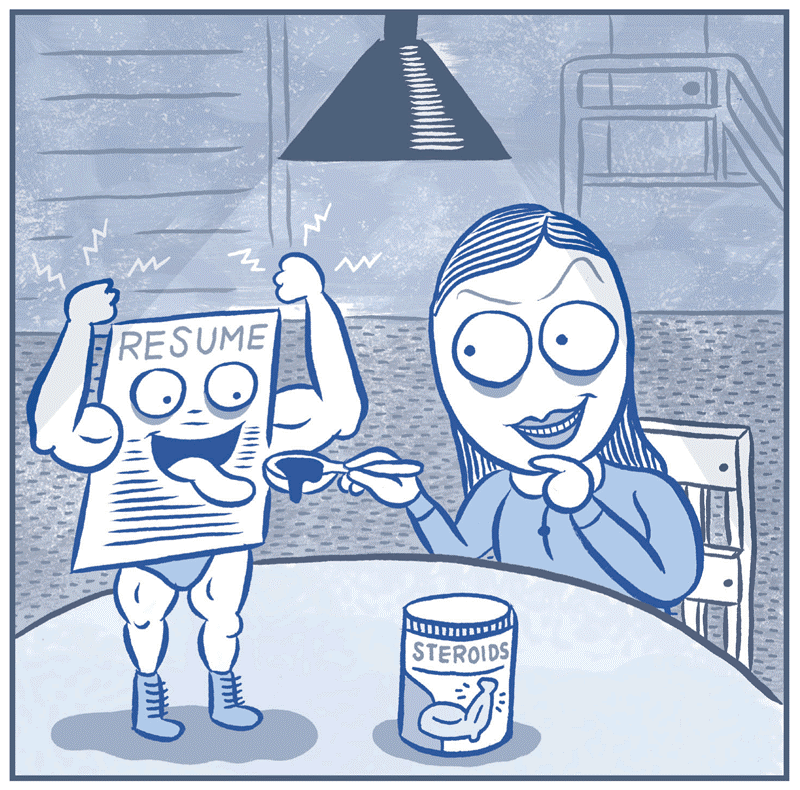Resumes Rule
Your resume is your primary tool in your job hunt, it is what you will use to open all doors. Your resume objective should be to get an interview. Here’s some tried and true guidelines that you can apply to your own resume writing.
One Page
Really, keep your resume to one page. We know, we know, it is the digital era. However, there is a lot to be said about being concise. Highlight your skills and keep things clear will make you more noticeable to new employers. People don’t read lengthy paragraph descriptions of all of the details of your positions- they want clear outlines of what you did.
Achievements
Most people can answer the phone, use Microsoft Office, and multi-task (or if they can’t, they at least say they can). Your resume won’t stand out and your potential new employer won’t be blown away by your ability to file. Instead, focus on the outcomes of your responsibilities. Did you save your company $10,000 with your new filing system? Did you retain unprecedented amounts of business with your uncanny ability to relate to everyone you spoke with on the phone? Sell the points that add value to a business.
Check Yourself
There is a fine line between highlighting your best qualities, and over-embellishing. If you can’t speak in detail to the work that you did, what plan of action you took, and the results from this action leave it off of your resume. Your resume is a tool that you can use to further a discussion about your best attributes. By listing something that you can’t talk about not only do discredit all of your other skills you also make yourself look untrustworthy and leave a bad impression on your interviewer.
Take Out Irrelevant Information
Now that you’re cutting things down to one page, take out unnecessary lines like “references available upon request”. Someone will ask for references if they need them- and you’ll provide them at that time. Personal Interests should be job specific. Someone interviewing you for your new accounting position (likely) doesn’t care that you’re a budding basket weaver. On the flip side the interviewer for a journalism position would love to hear that you’re an avid reader. Don’t be afraid to do a little online stalking of your interviewer for this step. If you see that your interviewer is following Major League Baseball on LinkedIn, it may not hurt to mention your athletic scholarship during college. However, this is an addition to your resume, don’t let this take the space of valuable skills. Find areas that you can make connections- if you won’t be talking about it during your interview then skip listing it on your resume.
Organize, please.
List your experience in chronological order- there is never a reason not to do this. It is one of the first things your reader will look for, and deviating from this format will be confusing and will detract from the major points of your resume. On that note, don’t get too creative. It is nice to stand out but know your limits within a professional setting. Using any more than three fonts is silly- you want something that is aesthetically pleasing and easy to read. Define the different components of your resume; you can do this by creating headlines and listing beneath them. By organizing you can help guide your reader through your experience and leave them with a solid understanding of who you are, what you have done, and how this is transferable to their company.


